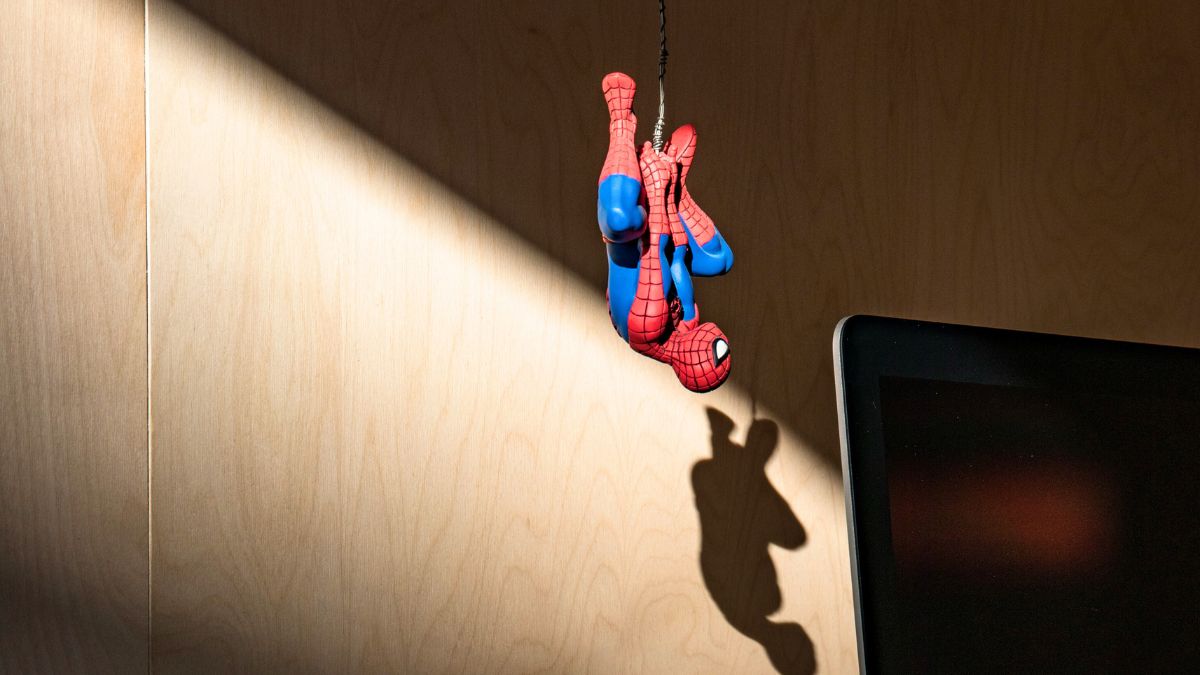

The Attack on Salman Rushdie
We underestimate the power that religious convictions wield, including the power that our secular religious convictions hold over our own hearts, minds, and culture.
08/31/22
John Stonestreet Kasey Leander

Earlier this month, British-Indian author Salman Rushdie was brutally attacked at an event in upstate New York. In 1989, Rushdie’s novel The Satanic Verses so enraged Iran’s Ayatollah Khomeini that he issued a global kill-order, or fatwa, on the author, his editors, and publishers.
Though Khomeini died later that year, fatwas cannot be revoked posthumously. So, Rushdie went into hiding, appearing later only under heavy security. Eventually, many in the West simply forgot about it.
Shia extremists did not.
This tell us something about how differently the secular West and radical Islam sees the world, and how short our cultural memory is compared with theirs. And, at stake is more than a contest of memory. In the Western world, we’ve been secularized to think of religion as a privatized matter of preference. We therefore underestimate the power that religious convictions wield, including the power that our secular religious convictions hold over our own hearts, minds, and culture.
All of which is an opportunity for Christians to show and live a better way, one that sees God, history, people, and the world so differently.
Have a Follow-up Question?
Up
Next

Related Content

© Copyright 2020, All Rights Reserved.













